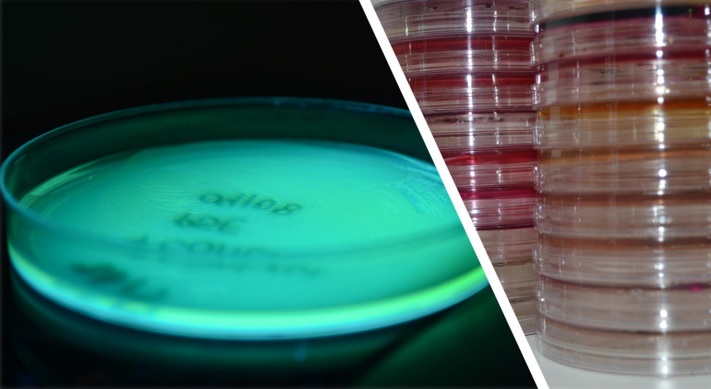This is such an important topic that it needs to be repeated. For the sake of fear mongering but most importantly, money. And let’s ask the team of people working with information from around the world shall we?
1.What should you be cleaning?
According to the WHO interim guidance document, we should be focusing on:
“In non-healthcare settings, environmental surfaces include sinks and toilets, electronics (touch screens and controls), furniture and other fixed items, such as counter tops, stairway rails, floors and walls.” In other words, high touch zones. We could also add door and window handles, kitchen and food preparation areas, counter tops, bathroom surfaces, toilets and taps, touchscreen personal devices, personal computer keyboards, and work surfaces.
2.How should you clean?
According to the WHO, cleaning with water, soap (or a neutral detergent) and some form of mechanical action (brushing or scrubbing) removes and reduces dirt, debris and other organic matter such as blood, secretions and excretions, but does not kill microorganisms. It is highly unlikely you will be dealing with these unless you are in a hospital but any organic matter can impede direct contact of a disinfectant to a surface and may inactivate the germicidal properties or mode of action of several disinfectants.
So, while the cleaning step is critical, you can add a disinfectant step to kill any remaining microorganisms. BUT the disinfectant concentration and contact time are also critical for effective surface disinfection. And you cannot disinfect without cleaning first!!!!
3.What should you clean with?
According to the WHO, after cleaning the following disinfectants and defined concentrations canbe used on environmental surfaces to achieve a >3 log10 reduction of human coronavirus, and they are also effective against other clinically relevant pathogens in the health-care setting with a contact time of a minimum of 1 minute or as recommended by the manufacturers
• Ethanol 70-90%
• Chlorine-based products (e.g., hypochlorite) at 0.1% (1000 ppm) for general environmental disinfection
• Hydrogen peroxide >0.5%
The WHO ALSO state:
Other disinfectants can be considered, provided the manufacturers recommend them for the targeted microorganisms, especially enveloped viruses. Manufacturers’ recommendations for safe use as well as for avoiding mixing types of chemical disinfectants should always be considered when preparing, diluting or applying a disinfectant.
According to South African law, ONLY disinfectants registered with the National Regulator for Compulsory specifications, a division of the DTI. This applies to ALL disinfectant products regardless of where they are sold or how they are used – spray, gel, liquid etc etc. It also doesn’t matter whether you call your product a sanitiser and not disinfectant – the law still applies. If theproduct can be used on ANY high touch surface, it has to be registered. And it is the product NOTthe company that is registered. This registration should be confirmed with a certificate AND on the label. If in doubt check the NRCS website. https://www.nrcs.org.za/content_sub.asp?ssID=1055
The supplier may have a whole range of other documents stating EPA, FDA, EFSA registration – this does NOT count!
The supplier may also have a number of SABS/SANS certificates – in this case, these are NICE to have but without the NRCS HAVE TO HAVE, they do not count.
In order to be registered, the products have to be tested, obviously.
4.Who should clean?
You, yourself and your team. If your facility has been locked down for over 100 days, it will be very dusty but there will be no more virus. Get in and give it a good clean. You do not have to use a special cleaning company service. You do need to show you have done a risk assessment for your staff, and that you have proper cleaning procedures for cleaning daily with clear responsibilities and instructions to comply with the regulations. There is NO legal requirement that a third party should provide the cleaning for you. If you make this choice, this is a commercial or risk-based decision. Not one made out of fear mongering or because the company trying to sell you their services claims some accreditation that makes their processes superior. There is NO legal department or association in South Africa with the legal mandate to provide this accreditation. It is an expensive sales gimmick, perhaps with good intention but it will cost you.
So rather use the same approach you would with any other supplier:
- How long have you been supplying these services? If it’s a start up, do you really want to trust an amateur?
- Check the references?
- Make sure you have a contract
- Check their liability insurance and COIDA
- Check their own procedures for their own staff – how do you know they won’t be a source ofinfection?
- What are they going to clean for you, how will this be done and why?
- Hand sanitisers
Well today’s news should have told you there is a problem here. There is currently no legal standard for hand sanitisers like disinfectants. It is in draft and with the Minister for signature. I wish I could tell you why there is still a delay as we are all being ripped off. Don’t forget to wash your hands – that is the most important step anyway.
According to Good Manufacturing Practice (GMP) regulations, guidance from the Food and Drug Administration (FDA) and manufacturers of bio-pharmaceuticals....




